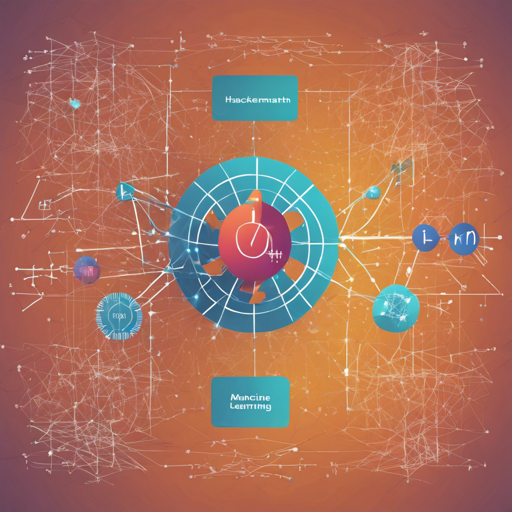Embarking on a journey in data science requires a solid foundation in math, especially in the realms of Linear Algebra and Statistics. At the core of this workshop titled “HackerMath for Machine Learning,” we strive to make mathematical concepts engaging and accessible by teaching through code and practical applications rather than solely through formulae and proofs.
Overview of the Workshop
The workshop aims to equip individuals with the essential mathematical concepts used in data science, adopting what we like to call the “Hacker’s way”. Here’s how we break it down:
- Focus on three main areas: Hypothesis Testing, Supervised Learning, and Unsupervised Learning.
- 50% of the time is dedicated to exploring core concepts.
- The remaining 50% focuses on coding those concepts in practice.
Module Breakdown
Here’s a glimpse into what each module entails:
Module #1: Hypothesis Testing
In hypothesis testing, we explore key math concepts such as:
- Basic Metrics (Mean, Variance, Covariance, Correlation)
- Discrete and Continuous Probability Distributions
- Cumulative and Probability Distribution Functions
Applications include Direct Simulation, Bootstrapping, and A/B Testing.
Module #2: Supervised Learning
This module dives into:
- Matrix Operations, Determinants, and Inverses
- Basics of Linear Algebra
Learn how these concepts are applied in Linear Regression, L2 Regularization, and Logistic Regression.
Module #3: Unsupervised Learning
In the final module, we cover:
- Matrix Projections, Eigenvectors, and Eigenvalues
- Distance in Vector Space
Discover applications such as Dimensionality Reduction and Cluster Analysis.
Prerequisites
To get the most from this workshop, it’s beneficial to have:
- A basic understanding of linear algebra
- Some knowledge of calculus
- Programming skills in Python
Resources to brush up on these prerequisites include the playlists The Essence of Linear Algebra and The Essence of Calculus.
Software Requirements
For this workshop, attendees must install Anaconda for Python 3.5, which includes the necessary packages like NumPy, SciPy, Matplotlib, and more. We will utilize Jupyter Notebook for our coding sessions, making it interactive and user-friendly.
Analogy: Learning Math through Coding
Think of learning mathematical concepts like baking a cake. You can read the recipe (the formula) all day long, but until you actually mix the ingredients (code the concepts) and bake it (apply them), you won’t understand what makes a delicious cake. It’s the practice that solidifies your understanding, just like coding makes math stick in your mind.
Troubleshooting and Next Steps
If you encounter challenges during the workshop or need clarifications on concepts:
- Review the prerequisite resources again.
- Practice coding problems that relate to each concept.
- Don’t hesitate to reach out for help from peers or mentors.
For more insights, updates, or to collaborate on AI development projects, stay connected with fxis.ai.
Conclusion
At fxis.ai, we believe that such advancements are crucial for the future of AI, as they enable more comprehensive and effective solutions. Our team is continually exploring new methodologies to push the envelope in artificial intelligence, ensuring that our clients benefit from the latest technological innovations.

